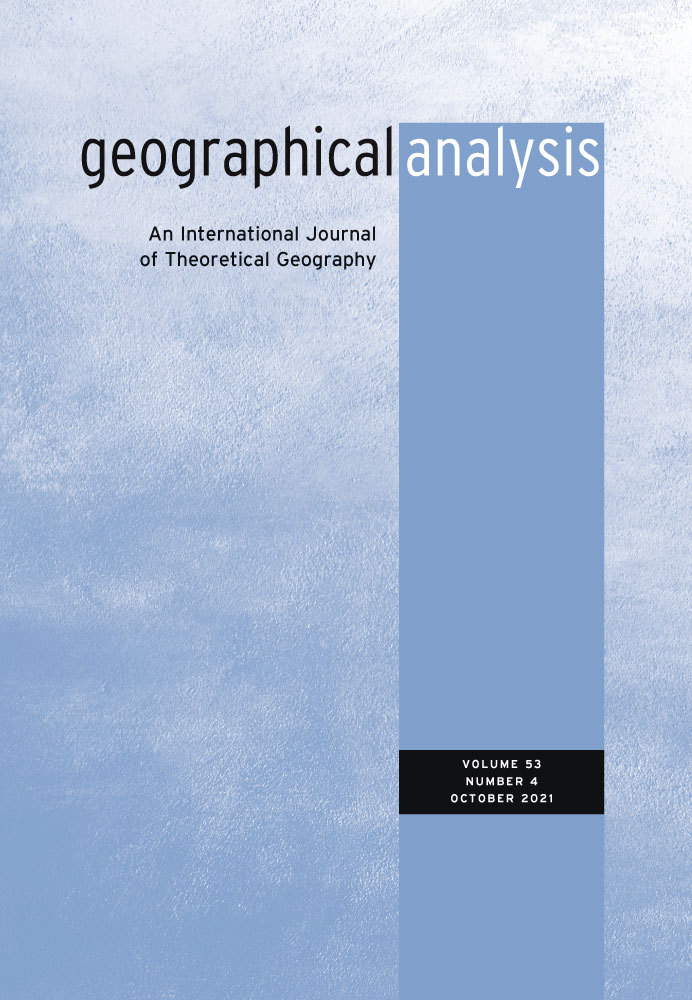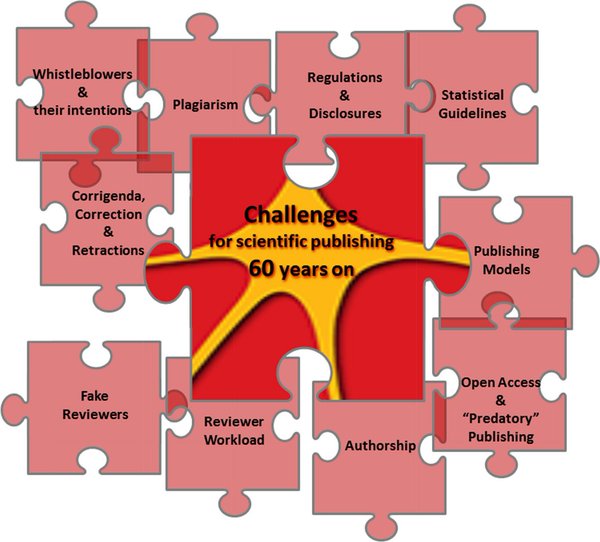Send us a link
Muting Science: Input Overload Versus Scientific Advice in Swiss Policy Making During the Covid-19 Pandemic
Muting Science: Input Overload Versus Scientific Advice in Swiss Policy Making During the Covid-19 Pandemic
This article explores why the Swiss Federal Council and the Swiss Federal Parliament were reluctant to follow the majority views of the scientific epidemiological community at the beginning of the second wave of the Covid-19 pandemic.
Why and how we should join the shift from significance testing to estimation
Why and how we should join the shift from significance testing to estimation
A paradigm shift away from null hypothesis significance testing seems in progress. Based on simulations, the article illustrates some of the underlying motivations.
Science Diplomacy and COVID‐19: Future Perspectives for South-South Cooperation
Science Diplomacy and COVID‐19: Future Perspectives for South-South Cooperation
Apart from economic, political, and cultural cooperation for an equal growth of all developing countries, science and technology are an integral significant component in these levels of engagement for leveraging mutual gains. The current pandemic not only brought about an 1800 shift in the relationship between the government, policy makers, and the scientific community but highlights the importance of South–South Cooperation (SSC).
Reproducibility of Research During COVID‐19: Examining the Case of Population Density and the Basic Reproductive Rate from the Perspective of Spatial Analysis
Reproducibility of Research During COVID‐19: Examining the Case of Population Density and the Basic Reproductive Rate from the Perspective of Spatial Analysis
The emergence of the novel SARS-CoV-2 coronavirus and the global COVID-19 pandemic in 2019 led to explosive growth in scientific research. Given the high stakes of the situation, it is essential that scientific findings, on which good policy depends, are as robust as possible; as the empirical example shows, reproducibility is one of the keys to ensure this.

A study of the determinants of psychologists' data sharing and open data badge adoption
A study of the determinants of psychologists' data sharing and open data badge adoption
This study examines psychologists' motivations to share data and how to better promote psychologists' data sharing and open data badge adoption.
Attitudes of Referees in a Multidisciplinary Journal: An Empirical Analysis
Attitudes of Referees in a Multidisciplinary Journal: An Empirical Analysis
Paper finds that the disciplinary background and the academic status of the referee have an influence on their reviewing tasks. Articles that had been recommended by a multidisciplinary set of referees were found to receive subsequently more citations than those that had been reviewed by referees from the same discipline.
Will Open Access Close the Door on Traditional Journal Publishing?
Wiley Editorial on the changing landscape of publishing suggests that OA and traditional outlets will continue to coexist successfully for some time to come.
We've Failed: Pirate Black Open Access Is Trumping Green and Gold and We Must Change Our Approach
We've Failed: Pirate Black Open Access Is Trumping Green and Gold and We Must Change Our Approach
While green and gold open access have been put forward as two worthy emperors, it is time to conclude that they are unclothed.

Exploring Characteristics of Highly Cited Authors According to Citation Location and Content
Exploring Characteristics of Highly Cited Authors According to Citation Location and Content
Big Science and cross‐disciplinary collaborations have reshaped the intellectual structure of research areas. A number of works have tried to uncover this hidden intellectual structure.

The Tao of Open Science for Ecology
The field of ecology is poised to take advantage of emerging technologies that facilitate the gathering, analyzing, and sharing of data, methods, and results.

Gold, Green, and Black Open Access
The debate about open access has until now focused on the gold (journals) versus the green route (manuscript self‐archival).

Conflicts of Interest and Authorship of Industry‐Sponsored Publications
Discussing the role of investigators in the authorship of industry-sponsored publications.

Don't Be A Zero-Sum Reviewer
Don't Be A Zero-Sum Reviewer
Time devoted to research is increasingly precious to us in academia. We chastise ourselves for not being able to keep up with the huge volumes of current literature. If only there was some way that all the latest literature on a particular topic could be packaged together for us, and delivered right to our inbox without us even having to lift a finger! Now, what would we call such an improbable utopia – ah yes, peer review.
The Changing Role of Non‐English Papers in Scholarly Communication
The Changing Role of Non‐English Papers in Scholarly Communication
Evidence from Web of Science showing that English is increasingly being used as the dominating language from natural sciences and social sciences to arts and humanities.

Free‐To‐Publish, Free‐To‐Read, Or Both? Cost, Equality of Access, and Integrity in Science Publishing
Free‐To‐Publish, Free‐To‐Read, Or Both? Cost, Equality of Access, and Integrity in Science Publishing
Universal Green OA Is the Most Efficient and Fairest of Science Publishing Strategies.

Amplifying the impact of open access: Wikipedia and the diffusion of science
Amplifying the impact of open access: Wikipedia and the diffusion of science
With the rise of Wikipedia as a first‐stop source for scientific information, it is important to understand whether Wikipedia draws upon the research that scientists value most. Here we identify the 250...

Citations Increase with Manuscript Length, Author Number, and References Cited in Ecology Journals
Citations Increase with Manuscript Length, Author Number, and References Cited in Ecology Journals
A paper that suggests that the imposition of arbitrary manuscript length limits discourages the publication of more impactful studies.
The challenges for scientific publishing, 60 years on
On the democratization of science via the Internet and the dramatic change in the communication of data and in their interpretation.

Rewarding reviewers - sense or sensibility?
Respondents value recognition initiatives related to receiving feedback from the journal over monetary rewards and payment in kind.
Burning out faculty at doctoral research universities
Grantsmanship and service activities appeared as the most critical factors associated with faculty burnout.
Does research output cause economic growth or vice versa?
Does research output cause economic growth or vice versa?
Evidence from 34 OECD countries.
What motivates people to review articles?
A survey of 307 reviewers of submissions to the International Conference on Human Factors in Computing Systems to gain a better understanding of their motivations for reviewing.
What motivates people to review articles?
The case of the human-computer interaction community.
The road to science-based policy: ESOF through the eyes of young scientists
A short essay about the new trends in science policy, communication, and public outreach.
